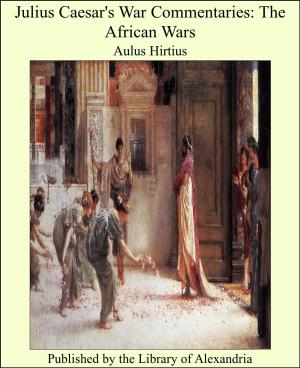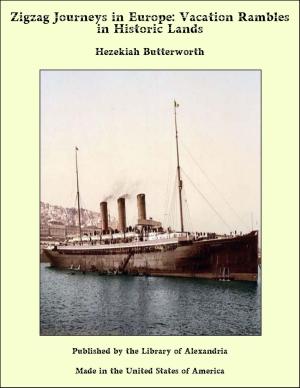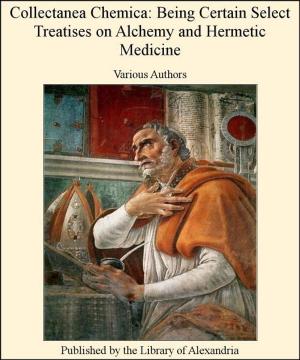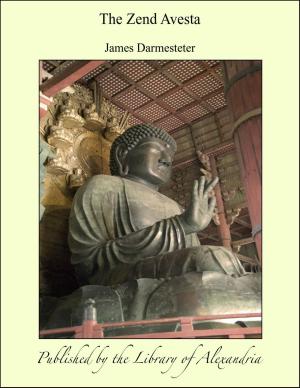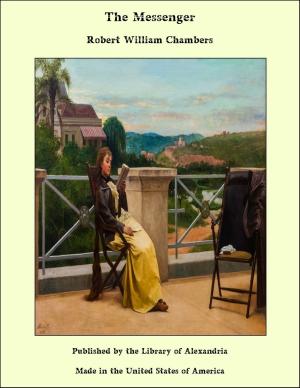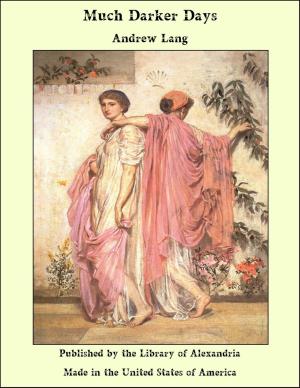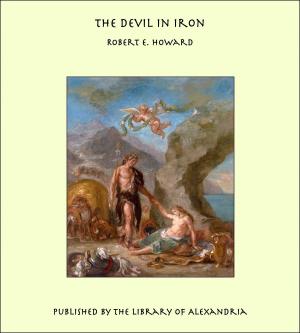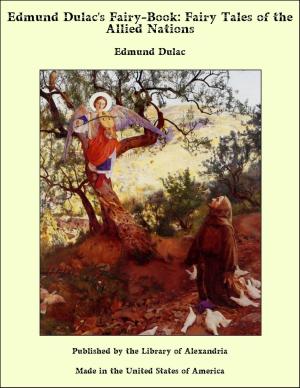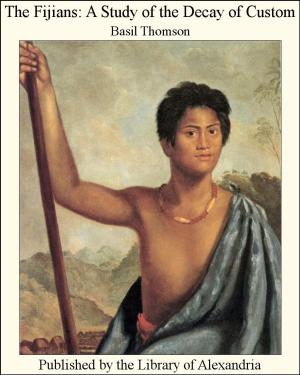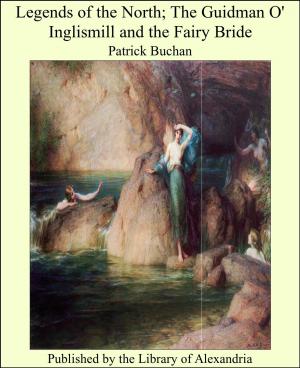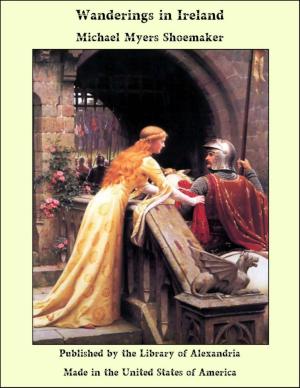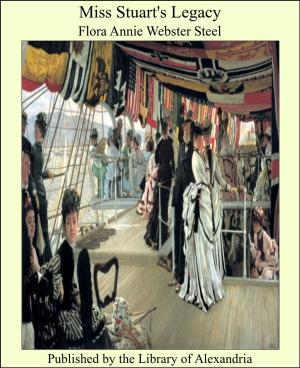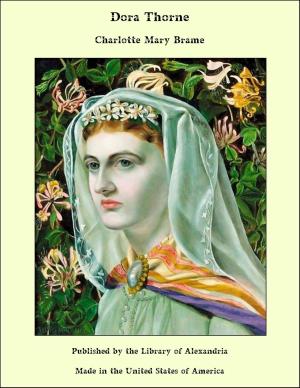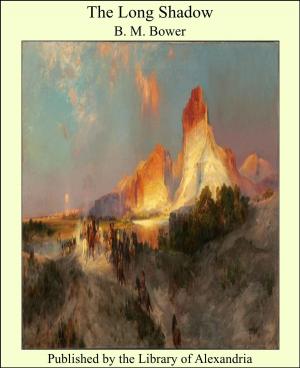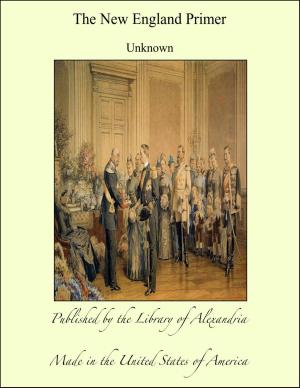Pictures of Southern Life: Social, Political and Military
Nonfiction, Religion & Spirituality, New Age, History, Fiction & Literature| Author: | Sir William Howard Russell | ISBN: | 9781465547408 |
| Publisher: | Library of Alexandria | Publication: | March 8, 2015 |
| Imprint: | Language: | English |
| Author: | Sir William Howard Russell |
| ISBN: | 9781465547408 |
| Publisher: | Library of Alexandria |
| Publication: | March 8, 2015 |
| Imprint: | |
| Language: | English |
Mr. Russell wrote one letter from Charleston previous to this, but it is occupied exclusively with a description of the appearance of Fort Sumter after the siege. His “Pictures of Southern Life” properly begin at the date above. NOTHING I could say can be worth one fact which has forced itself upon my mind in reference to the sentiments which prevail among the gentlemen of this state. I have been among them for several days. I have visited their plantations; I have conversed with them freely and fully, and I have enjoyed that frank, courteous, and graceful intercourse which constitutes an irresistible charm of their society. From all quarters have come to my ears the echoes of the same voice; it may be feigned, but there is no discord in the note, and it sounds in wonderful strength and monotony all over the country. Shades of George III., of North, of Johnson, of all who contended against the great rebellion which tore these colonies from England, can you hear the chorus which rings through the state of Marion, Sumter, and Pinckney, and not clap your ghostly hands in triumph? That voice says, “If we could only get one of the royal race of England to rule over us, we should be content.” Let there be no misconception on this point. That sentiment, varied in a hundred ways, has been repeated to me over and over again. There is a general admission that the means to such an end are wanting, and that the desire cannot be gratified. But the admiration for monarchical institutions on the English model, for privileged classes, and for a landed aristocracy and gentry, is undisguised and apparently genuine. With the pride of having achieved their independence is mingled in the South Carolinians’ hearts a strange regret at the result and consequences, and many are they who “would go back to-morrow if we could.” An intense affection for the British connection, a love of British habits and customs, a respect for British sentiment, law, authority, order, civilization, and literature, pre-eminently distinguish the inhabitants of this state, who, glorying in their descent from ancient families on the three islands, whose fortunes they still follow, and with whose members they maintain not unfrequently familiar relations, regard with an aversion of which it is impossible to give an idea to one who has not seen its manifestations, the people of New England and the populations of the Northern States, whom they regard as tainted beyond cure by the venom of “Puritanism.”
Mr. Russell wrote one letter from Charleston previous to this, but it is occupied exclusively with a description of the appearance of Fort Sumter after the siege. His “Pictures of Southern Life” properly begin at the date above. NOTHING I could say can be worth one fact which has forced itself upon my mind in reference to the sentiments which prevail among the gentlemen of this state. I have been among them for several days. I have visited their plantations; I have conversed with them freely and fully, and I have enjoyed that frank, courteous, and graceful intercourse which constitutes an irresistible charm of their society. From all quarters have come to my ears the echoes of the same voice; it may be feigned, but there is no discord in the note, and it sounds in wonderful strength and monotony all over the country. Shades of George III., of North, of Johnson, of all who contended against the great rebellion which tore these colonies from England, can you hear the chorus which rings through the state of Marion, Sumter, and Pinckney, and not clap your ghostly hands in triumph? That voice says, “If we could only get one of the royal race of England to rule over us, we should be content.” Let there be no misconception on this point. That sentiment, varied in a hundred ways, has been repeated to me over and over again. There is a general admission that the means to such an end are wanting, and that the desire cannot be gratified. But the admiration for monarchical institutions on the English model, for privileged classes, and for a landed aristocracy and gentry, is undisguised and apparently genuine. With the pride of having achieved their independence is mingled in the South Carolinians’ hearts a strange regret at the result and consequences, and many are they who “would go back to-morrow if we could.” An intense affection for the British connection, a love of British habits and customs, a respect for British sentiment, law, authority, order, civilization, and literature, pre-eminently distinguish the inhabitants of this state, who, glorying in their descent from ancient families on the three islands, whose fortunes they still follow, and with whose members they maintain not unfrequently familiar relations, regard with an aversion of which it is impossible to give an idea to one who has not seen its manifestations, the people of New England and the populations of the Northern States, whom they regard as tainted beyond cure by the venom of “Puritanism.”

